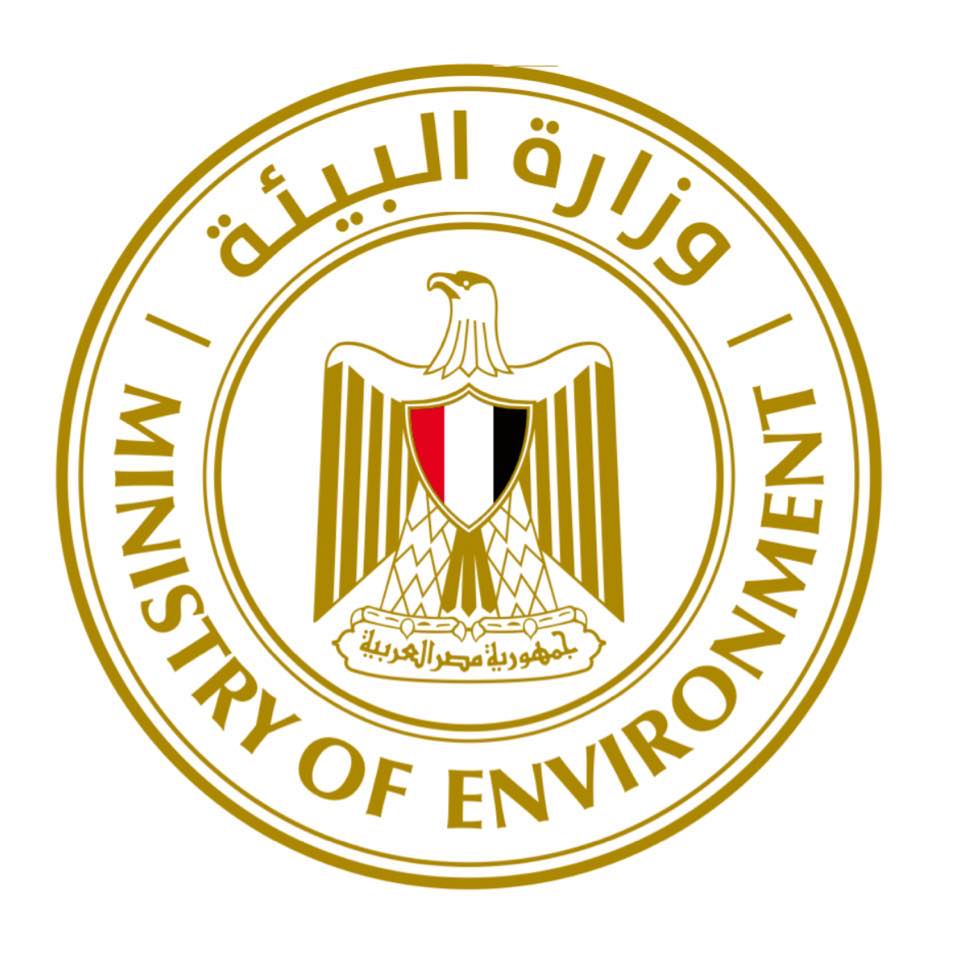FULL-FLEDGED PRE-FEASIBILITY ANALYSIS

Collection of Used Cooking Oil (UCO) and Production of Bio-diesel
Market
| Targeted market | Collection of Used Cooking Oil (UCO) and production of bio-diesel to be exported to Europe. Glycerol will be a byproduct from the bio-diesel process, which could be sold in Egypt or exported. |
| Project description | Collection of 10,000 ton/year of used cooking oil (UCO) by a licensed company that own its vehicles and storage area. The company will collect UCO from different sources within Cairo such as restaurants, hotels, homes and fried food factories. |
| Competitive edge |
Importing UCO from Egypt is considered the best option for Europe because Egypt is closer to Europe compared to Asia (the main UCO exporter). Thus, the price of UCO will be cheaper. |
| Market features | Size 6 billion USD globally in 2021 - Growth 5% (between 2022 and 2029) |
Financial Features
| Collection Price | Collecting UCO 27,000 EGP/ton |
Producing Biodiesel 27,000 EGP/ton |
| Investment | 60 million EGP | 92.4 million EGP |
| IRR | 161% | 47% |
| Simple payback | 1.56 years | 4.1 years |
Process
| Required Input | Licensed company that owns its vehicles. Storage area for the collected UCO. Land for the bio-diesel facility. |
| Process/Technology | Material handling and chemical transesterification |
| Equipment |
The system requires:
|
| Human Resources |
|
Risks and Mitigation Measures
| Risks and Mitigation Measures |
|
Impacts
| Environmental impact |
|
| Social impact | Reducing the harmful effect of UCO on human health by eliminating the large fraction of the UCO returned to the food chain. |
Location
| Location of Supply | Different sources within Cairo such as restaurants, hotels, homes and fried food factories |
Studies
| Serial | File name | Download |
| 1 | UCO-Fact Sheet- Eng-Ar |
